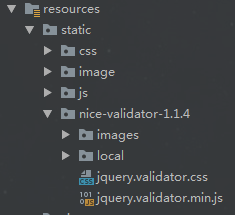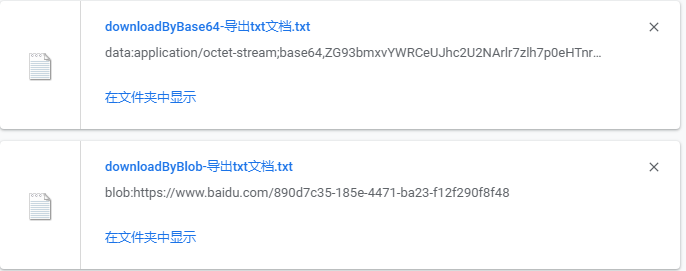参见英文答案 >
When is .then(success,fail) considered an antipattern for promises?5个
这两个陈述之间究竟有什么区别?
这两个陈述之间究竟有什么区别?
funcThatReturnsAPromise()
.then(() => { /* success */ })
.catch(() => { /* fail */ });
funcThatReturnsAPromise()
.then(() => { /* success */ },() => { /* fail */ });
解决方法
除了.catch(fn)是.then(null,fn)的快捷方式之外,你的例子中的区别在于
funcThatReturnsAPromise()
.then(() => { /* success */ })
.catch(() => { /* fail */ });
// is equivalent to
const p1 = funcThatReturnsAPromise()
const p2 = p1.then(() => { /* success */ })
const p3 = p2.catch(() => { /*
executed if p1 is rejected
executed if p2 is rejected
*/ })
而第二个是
funcThatReturnsAPromise()
.then(() => { /* success */ },() => { /* fail */ });
// equivalent to
const p1 = funcThatReturnsAPromise()
const p2 = p1.then(
() => { /* success */ },() => { /*
executed if p1 is rejected
(p2 will be actually resolved by the result of this function only when p1 is rejected)
*/ }
);






